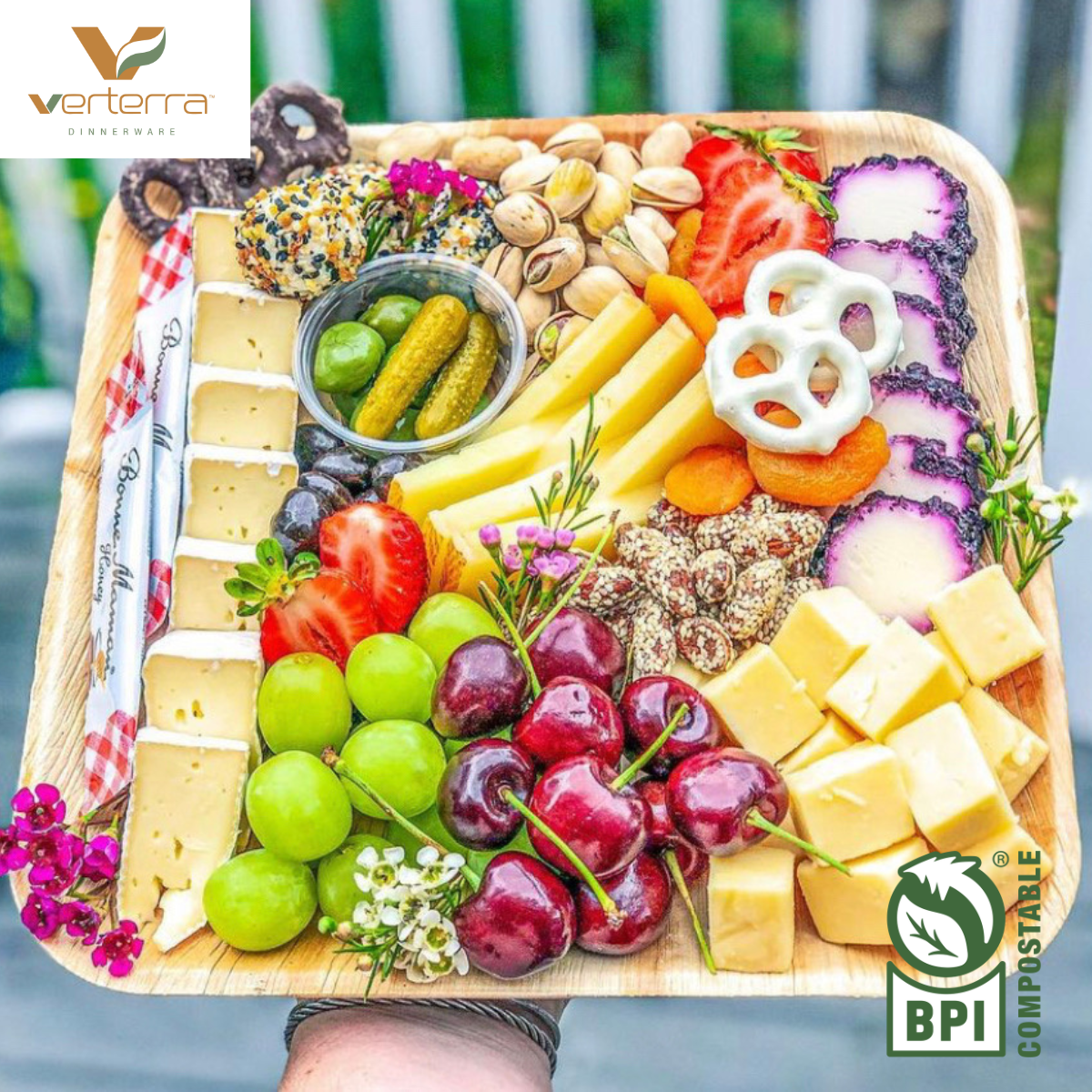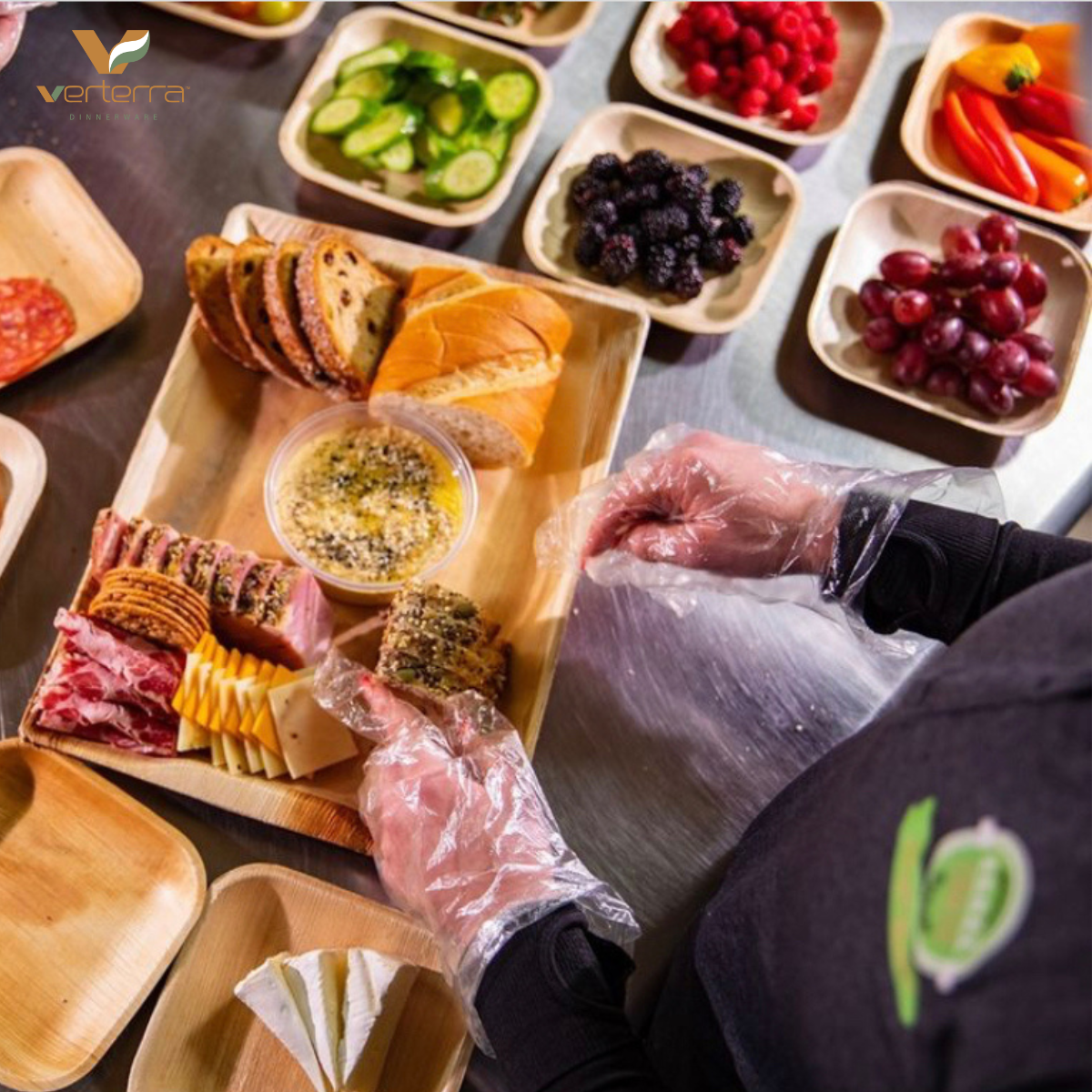
What Does BPI Certified Actually Mean for My Business?
What Does BPI Certified Actually Mean for My Business?
Consumers are becoming more discerning about the products they buy. This shift has given rise to various certifications and labels that help guide purchasing decisions. One such certification is the BPI (Biodegradable Products Institute) certification. But what does BPI certification actually mean for you? Let's dive into what BPI certification entails, its significance, and why it matters for your everyday choices.
Understanding BPI Certification
BPI certification is a third-party certification for compostable products and packaging. The Biodegradable Products Institute is a not-for-profit organization that promotes the use and recovery of biodegradable materials through composting. Their certification ensures that a product meets stringent scientific standards for compostability in an industrial composting facility. This means that certified products will break down into nutrient-rich soil without leaving behind toxic residues.
The BPI Certification Process
The BPI certification process is comprehensive and stringent, ensuring only products that meet the highest compostability standards receive certification. Here’s an overview of the key steps involved:
-
Application and Documentation: Companies seeking BPI certification must submit a detailed application along with full disclosure of the product’s formulation. This includes providing Safety Data Sheets (SDS) and information about all ingredients, even those comprising less than 0.1% of the product.
- Testing: Products undergo rigorous testing to ensure they meet the standards set by ASTM International for compostability. Key tests include:
- Disintegration Testing: This ensures the product physically breaks down within a specific time frame in a composting environment .
- Biodegradation Testing: This verifies that the product breaks down into carbon dioxide, water, and biomass at a rate similar to natural compostable materials .
- Ecotoxicity Testing: Ensures that the compost produced does not harm plants, ensuring it's safe to use in agriculture and gardening .
-
Heavy Metals Testing: Confirms that the product does not contain harmful levels of heavy metals, adhering to regulatory thresholds set by both the US and Canada.
- Review and Certification: Once testing is complete, the results are reviewed by BPI. If the product meets all criteria, it is granted certification and listed in BPI’s online database. This listing provides transparency and allows consumers and businesses to verify certified products easily.
Why BPI Certification Matters
For consumers, BPI certification provides assurance that the products they are using will break down in a composting environment, contributing to waste reduction and sustainability efforts. For businesses, it signifies a commitment to environmentally responsible practices, which can enhance brand reputation and customer loyalty.
BPI Certification in the Food and Beverage Industry
In the food and beverage industry, packaging plays a crucial role. Traditional packaging often ends up in landfills, contributing to environmental pollution. BPI certification for food and beverage packaging ensures that these materials can be composted, reducing waste and environmental impact.
Eco-Friendly Compliance
Many food and beverage companies are adopting BPI certified packaging to align with eco-friendly practices and regulations. For instance, cities and municipalities with strict composting mandates may require businesses to use certified compostable products. By choosing BPI certified packaging, food and beverage companies can ensure compliance with such regulations while promoting a green image.
What does BPI Certification Means for Businesses and Consumers?
-
Environmental Impact: By using BPI certified products, you contribute to reducing landfill waste and the environmental impact of plastic pollution. These products break down into organic matter that enriches the soil, closing the loop in the lifecycle of materials.
- Regulatory Compliance: Businesses, especially in areas with stringent composting laws, can meet regulatory requirements and avoid potential fines by using BPI certified products.
- Market Advantage: Displaying the BPI certification mark can enhance brand credibility and attract eco-conscious consumers. It shows a commitment to sustainability, which can differentiate your brand in a competitive market.
- Safety and Quality: BPI certified products are tested to ensure they do not release harmful substances into the compost, ensuring the safety and quality of the resulting compost.
Making the Switch
Switching to BPI certified products, such as Verterra Dinnerware, is a step towards a more sustainable future. At Verterra, we offer a range of BPI certified palm products designed to meet your needs while aligning with your environmental values. By choosing Verterra, you support a healthier planet and contribute to the global effort to reduce waste and eliminate plastic pollution.
Also in The Dirty Dish

The Eco-Conscious Caterer’s Toolkit: Essentials for Modern Events
Clients are no longer just asking what’s on the menu—they’re asking how it’s being served. Today’s tastemakers want elegant, low-waste events that impress guests and align with their values. That’s where Verterra comes in.
In this blog, we break down exactly how to create a stunning, sustainable setup using just five compostable essentials. Whether you’re catering a backyard tasting or a high-end corporate soirée, this is your go-to guide for effortless eco-luxury.
🌿 Sustainable never looked so good.

The Ultimate Guide to Food Boats
Food boats are more than just a convenient way to serve meals—they're a game-changer for eco-conscious food service businesses. From casual cafés to high-end catering, these biodegradable, stylish, and durable containers offer a sustainable alternative to plastic. But not all food boats are created equal. Verterra takes it to the next level with their innovative, chemical-free designs made from renewable materials like kraft paper and balsa wood. Want to know why top chefs and event planners choose Verterra? Read on to discover the ultimate guide to food boats and how they can transform your food presentation while protecting the planet.

Sustainable Elegance: Why Verterra’s Covered Catering Trays And Grab & Go Trays Are a Culinary Game-Changer
If you’ve ever hosted an event, run a restaurant, or catered a wedding, you know how important it is to balance practicality with presentation. That’s where Verterra’s covered trays come in—a line of sustainable, compostable trays that deliver on functionality while looking absolutely stunning.
